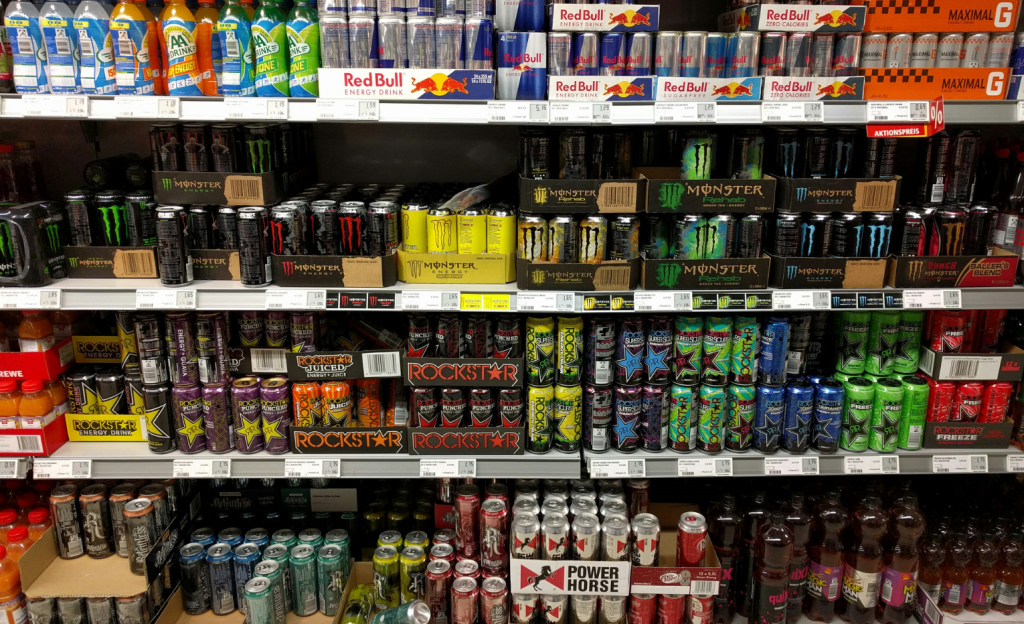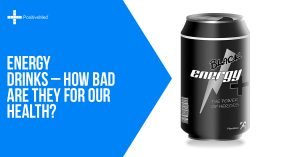
In our fast-paced and demanding lives, energy drinks have become a popular go-to solution for combating stress and fatigue. However, it’s crucial to understand the components of these drinks and their potential health risks. Most energy drinks are loaded with high levels of caffeine, sugar, B vitamins, and other supplements aimed at boosting metabolism and providing quick energy. Here’s a closer look at what’s inside these beverages and why they can be harmful:
Caffeine Sensitivity and Dangers:
Energy drinks are often packed with caffeine, a stimulant that affects individuals differently. While some people can handle caffeine without issue, others may experience severe side effects. People with undiagnosed heart problems are particularly vulnerable. The high caffeine content can lead to faster heart rates, jitters, nervousness, heart palpitations, raised blood pressure, dehydration, and sleep disturbances. Abruptly stopping caffeine consumption can trigger withdrawal headaches. In extreme cases, caffeine overdose can lead to heart attacks, seizures, and even death.
Unregulated Caffeine Levels:
Energy drinks are marketed as dietary supplements, which means they fall outside the purview of FDA regulation. As a result, not all brands provide accurate information about their caffeine content on the label. This lack of transparency can make it difficult for consumers to gauge their caffeine intake accurately, increasing the risk of adverse effects.
Sugar’s Role in Health Issues:
High sugar content is another concerning aspect of energy drinks. Sugar consumption is linked to weight gain and numerous health conditions, including diabetes, heart disease, and cancer. A global effort to eliminate sugary drinks has gained traction due to their contribution to the rise in chronic diseases.
Excess B Vitamins:
Energy drinks often contain excessive levels of B vitamins, which can lead to serious side effects. An overdose of vitamin B6, for example, can cause liver and nerve damage. Overconsumption of B vitamins may also trigger allergic reactions, interfere with medications, and contribute to blood clot formation.
Combining Energy Drinks and Alcohol:
Mixing energy drinks with alcohol can be especially hazardous. The stimulant-depressant combination impairs one’s ability to gauge their level of intoxication, leading to increased risk of accidents and risky behavior. This combination can also make individuals feel drunker than they actually are.
Children and Energy Drinks:
Children under 18 are strongly advised to avoid energy drinks due to their smaller body size and limited ability to process the drink’s ingredients. High caffeine, sugar, and B vitamin content can have severe effects on young bodies, leading to cardiovascular and neurological issues. A significant number of poison control cases involve children exposed to energy drinks.
While occasional consumption of energy drinks may not pose significant harm for most adults, their high caffeine and sugar content, coupled with unregulated ingredients, warrant caution. Energy drinks should not be relied upon as a regular source of energy, and individuals should be aware of their own caffeine sensitivity. For children, teenagers, and those with certain health conditions, it’s advisable to avoid these beverages altogether. As with any dietary choice, moderation and informed decision-making are key to maintaining overall well-being.





